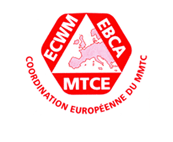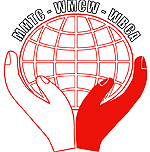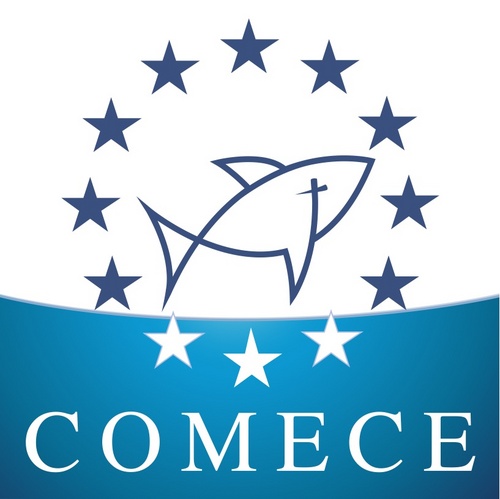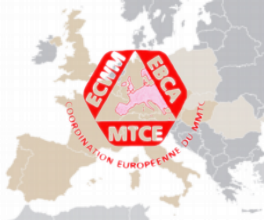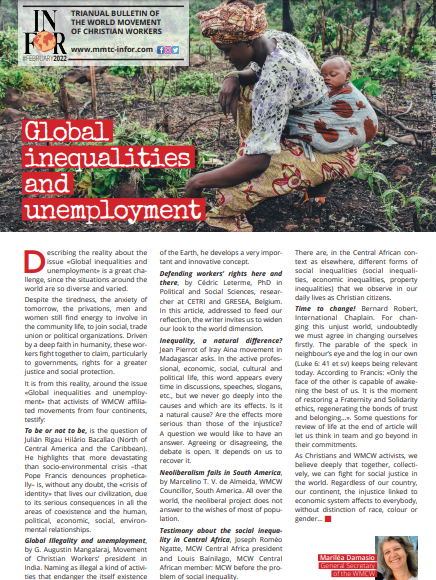
Europe, the war, God, people
In this year 2022, we will celebrate Europe Day (9 May) against the terrible backdrop of the war in Ukraine.
What can we Christians say?
As was also the case with COVID, it seems that the drama in Ukraine is once again raising questions about God, life and the human being. What is God doing in the face of all this? Where is God in the face of those empty streets, populated only by corpses, some with their hands tied behind their backs? Where is God in the face of those mothers desperate because they do not know how to free their children from panic, hunger or suffering beyond their little strength? How is it possible that God allows what is happening in Ukraine today? Or what happened in the various Auschwitzes of yesterday.
We want to be Christians and witnesses of the proposal of salvation and liberation that Jesus Christ offers to society and the world of work, but the people around us present us with these questions.
The problem of the "silence of God", Christians have had to endure since the beginning of time.

It was an atheist like Jean Paul Sartre who confessed that what he liked about the Christian God was that he preferred a world with freedom, even if it functioned badly, to a fascist world that functioned well.
In the face of the apparent "silence of God" or "passivity - permissiveness of God" we have to recover the sense of human freedom.
And in that scenario of freedom, we have made tragedies like the one in Ukraine possible. But we have the opportunity to turn what is happening into lessons.
We could say that, if God exists and the world embraced his love, evil would have no explanation, but if God does not exist, evil has no solution. This is what can help us to know what lessons we should learn from Ukraine.
In the face of war, is it advisable to increase the military budget and the use of weapons? So far, all weapons that are theoretically defensive have turned out to be primarily offensive weapons and, moreover, an impressive source of infamous business.

Ukraine's crime may turn into not only a global, but also a nuclear war. As is often the case, the small short-term advantages blind us completely to the great long-term threat. We forget that text by the Roman poet Ovid, which was written about love: "principiis obsta; sero medicina paratur cum mala per longas invaluere moras" (fight from the beginning; for if the medicine arrives late, the evil will have grown stronger). And this blindness leads us to ask ourselves what God is doing, instead of examining what we have not done, if this long-term danger unfortunately comes to pass.
It is logical to be horrified by the images coming from Ukraine, but more important than being horrified is to understand that this atrocity has not come about suddenly: it is the result of a "cancerous" moral process whereby the world has accepted as "natural" the rules of the game of selfishness and the subordination of people to markets.
The Christian workers' movements of Europe wish to affirm our solidarity with the Ukrainian and Russian populations suffering from this war. Once again it is the people who have to suffer the inhuman consequences of war.
Faithful to the values of peace which the labour movement stands for and which is substantially the message of Jesus Christ, the ECWM calls for prayer, work for peace, defence of the unjustly mistreated people and action to bring a rapid end to this conflict.
